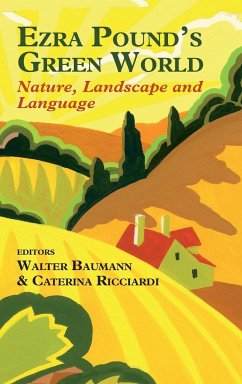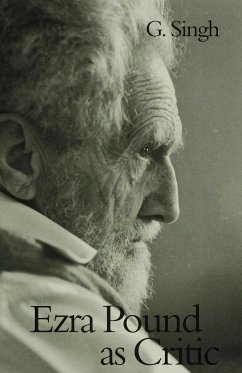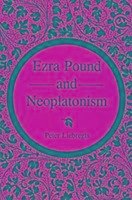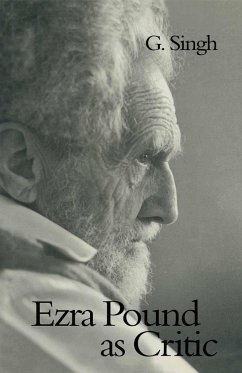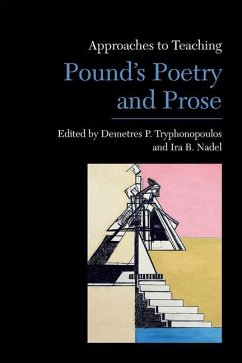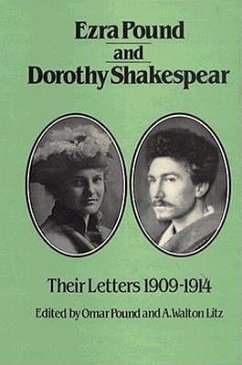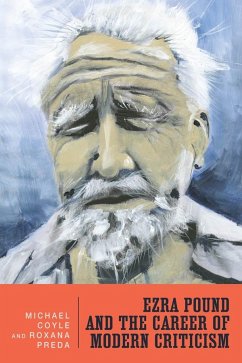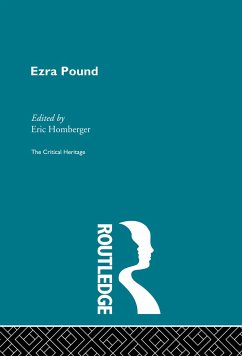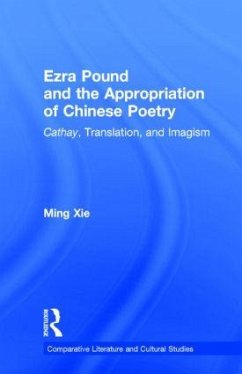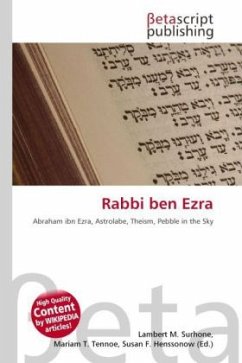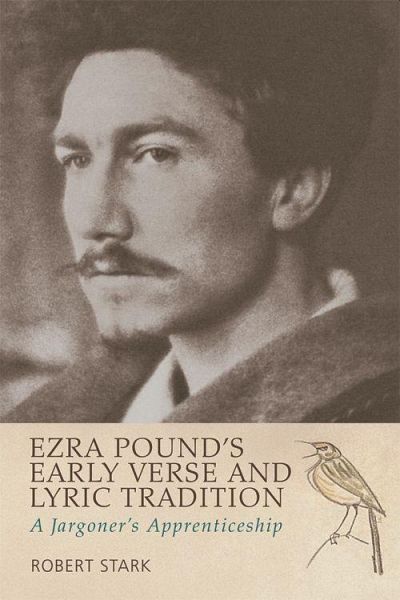
Ezra Pound's Early Verse and Lyric Tradition
A Jargoner's Apprenticeship

PAYBACK Punkte
61 °P sammeln!
Traces the lyricism and musicality in Pound's early verse through to his radical Modernist style Robert Stark argues that Pound learned how to write poetry more or less as if it was a foreign tongue - or poetic 'jargon' - with a unique lexicon, grammar, and even morphology, and that his most innovative poetry is the result of his ambivalent orientation towards different European literary traditions. Stark contextualizes Pound's poetic craft by examining his relationship to the Mediaeval and Classical originators of the methods he employs and by considering the practice and criticism of his imm...
Traces the lyricism and musicality in Pound's early verse through to his radical Modernist style Robert Stark argues that Pound learned how to write poetry more or less as if it was a foreign tongue - or poetic 'jargon' - with a unique lexicon, grammar, and even morphology, and that his most innovative poetry is the result of his ambivalent orientation towards different European literary traditions. Stark contextualizes Pound's poetic craft by examining his relationship to the Mediaeval and Classical originators of the methods he employs and by considering the practice and criticism of his immediate Victorian and Romantic predecessors. He explores the influence of poets such as François Villon, Guido Cavalcanti, Robert Burns, Robert Browning, Algernon Charles Swinburne and Walt Whitman on Pound's lyrical style. For Stark, Pound's multi-vocalism arises out of his interest in dialect and the acoustic qualities of speech which leads to a 'modern' barbarous language marked by polysemy and heterogeneity. Key Features: * Marries two discrete strands in Pound scholarship: his fastidious obsession with poetic craft and his furious pursuit of erudition * Describes a simple, but revolutionary, approach to poetic form, taking account of the total organization of sound in a poem without dwelling on arcane scholarly terminology * Examines Pound's famous style in a pre-modern context where we can better gauge what was at stake in the author's trailblazing invention of Modernism * Provides detailed, practical assistance to Pound's readers, especially in its detailed close reading of almost totally neglected early poems by this notoriously difficult writer




